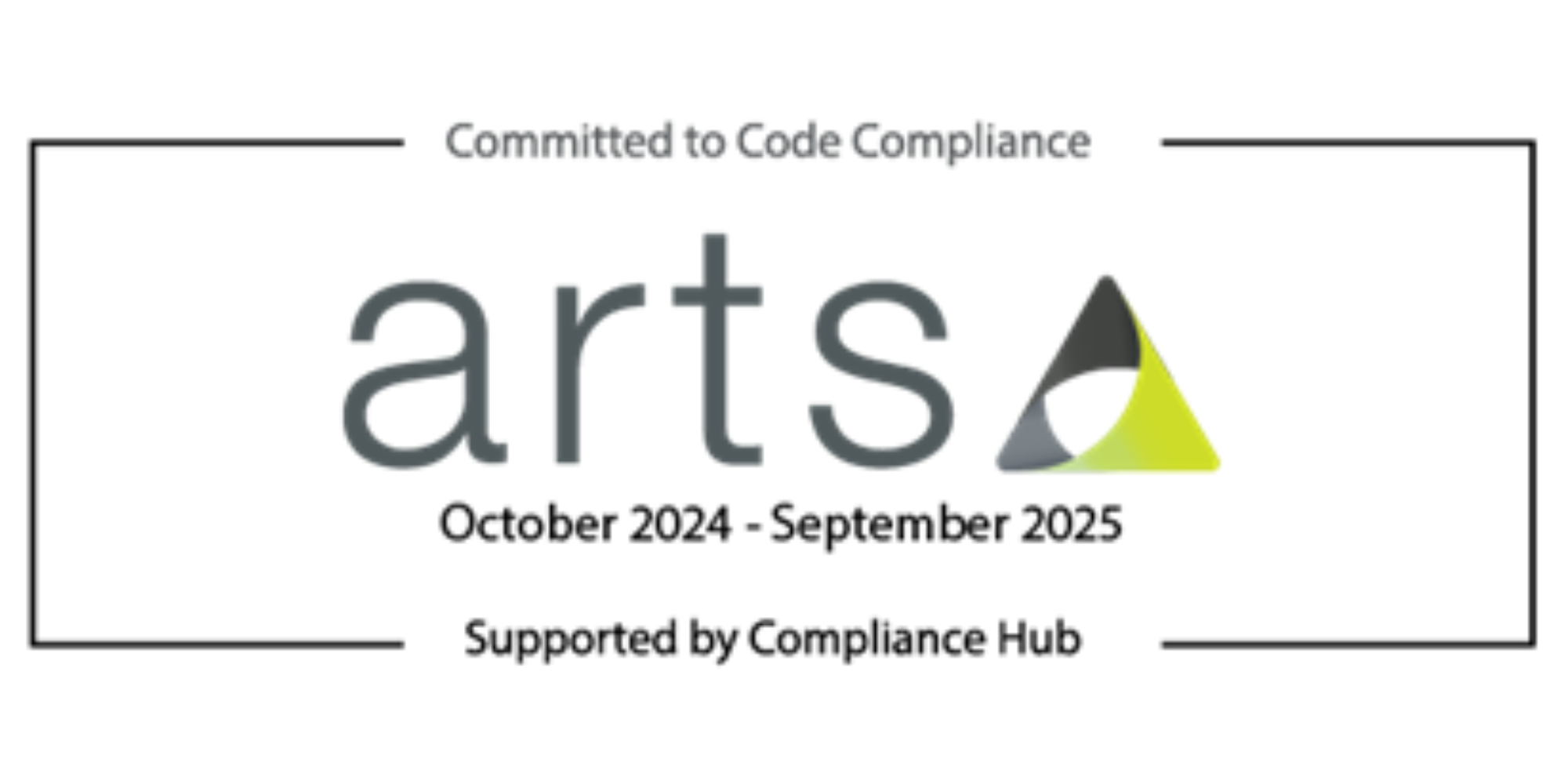We are excited to bring you an interview with Tracy and Minna from Pharmacy Declares
)
Tracy Lyons is a Medicines Optimisation & Sustainability pharmacist at University Hospitals Dorset NHS Trust, and the UKCPA’s Environment and Sustainability advisor. She cofounded
Pharmacy Declares with Minna Eii, who is an Acute Medicine pharmacist based in Sunderland Hospital NHS Trust. Minna is the vice-chair of Sustainability at the Guild of Healthcare Pharmacists.
Pharmacy Declares is a relatively new group. Could you tell us about what drove you to set it up?
[Tracy] At heart a lot of us were frustrated environmentalists. We could see how impactful climate change is to health and wanted to make a positive difference. It’s been described
as the most significant health threat we’ll ever face, and as health professionals, we have an unique platform from which to spread the message about the link between the climate
and ecological crisis and health. There were medical groups and nursing collaborations doing fantastic work, but nothing specific to pharmacy – so we aimed to change that!
We started with about half a dozen of us meeting over Twitter back in March last year and it’s just a ballooned. Initially we hoped to find a few other like-minded people who wanted to get involved but have been amazed at the sheer number of ‘climate-aware’ pharmacy professionals who have stepped forward to join the group. Tackling the climate-health crisis alone can feel very isolating so to find a tribe of people who want to achieve the same outcome as you has meant that we’re not only able to collaborate on ideas, but it’s been a really liberating and uplifting experience. Everyone brings different ideas and a fresh perspective about how to work – projects that we’d never have thought of.
How have you found the process of getting the group off the ground, and up and running? What have been some of your biggest challenges and learnings?
[Minna] Initially when we started the group, we had 3 clear objectives** to ask of our professional bodies but no concrete plan about how to achieve them. We had to learn rapidly
how to deliver on our intentions as the group grew around us.
1. **Declare a Climate emergency
2. Divest from fossil fuels
3 Provide climate-health education and leadership to the pharmacy profession
One of the biggest obstacles we’ve had to overcome with the group was just its monumental growth! It’s been brilliant but we were slightly overwhelmed at the start. So many people wanted to get involved, our challenge has been organising ourselves and making sure our communication is direct and clear whilst also giving people a chance to have their voice
heard.
We met up quite informally initially to talk about the issues concerning us and shared ideas about how individuals were tackling them. Some members had already made individual progress in terms of sustainability actions so the challenge was to connect everyone in shared topic areas. We were really keen that workstreams weren’t duplicated unnecessarily; we want to make medicines sustainability as simple as possible.
I personally utilised the RPS elections last year in April to amplify the voices for sustainability and pharmacy and I think that got a lot of attention at that time because lots of people were watching what candidates were doing so we could really utilise the platform and we timed it well because the news has been showing COP26 plans for Glasgow.
You mentioned the monumental growth of the group and it’s clear to me when I talk to other pharmacy professionals that your work is really paying off and
having impact. What would you say is one of your things that you’re most proud of so far in the whirlwind?
[Tracy] Thank you, that’s a brilliant thing to hear from someone outside of the group. The thing that I’m most proud of is that that we’ve managed to connect people from different spheres of pharmacy. My experience is predominantly in hospital, so wasn’t aware of what was going on in other sectors of the profession and I’ve just learnt so much about the expertise in other sectors. Having this broad network of people with different knowledge has expanded my view on of the potential for medicines sustainability exponentially. I’m hoping its doing the same for everybody else.
[Minna] For me it is the engagement from influential people within NHS England and Improvement and the likes of the RPS board members who’ve taken the time to listen to us, and take action on our concerns. It was quite overwhelming to receive that kind of reception, if you know what I mean. Because initially, we were just a handful of people trying to do something, to raise awareness, and suddenly we found ourselves reaching a national level, even an international level. I think it was almost quite shocking when we started to get the senior level input. It’s just been refreshing and wonderful, though. We thought we’d have to knock on a lot of doors to get to speak to these people, but it just shows that even at very senior level, people realise that something needs to be done in this area and it’s just really encouraging. Last year at CPC Dr Keith Ridge even recorded an introduction for us before our panel session. It’s so encouraging to know that our senior leaders recognised the problem within the system and care enough to try to find solutions to them.
It’s really made an impact and people can learn what they can do, how they can act, and this brings me onto CPC this year, so you and the wider group have got a number of sessions across the two days. Could you give us a sneak peek of some of the things you’ll be covering?
[Tracy] Our actual dilemma this year was to decide which speakers to include! However I think the speakers will cover an excellent range of topics for anyone interested in medicines sustainability.
Professor Mike Hannay will be running a session on ‘Green Chemistry’ and using this to create medications that are ‘benign by design’. The target of green chemistry processes is to ensure the chemicals we use are safe in terms of ecotoxicology and their impact on our ecosystems. We want to go beyond the idea that our only sustainability concern relates to a drug’s carbon footprint.
Despite this, we do still need to bring down the carbon footprint of the medication and pharmacy service provision so I’m running a session on ‘Carbon footprint for healthcare’. It’s a new speciality for many of us and something we’ll all need to understand in future. We’ll need teams who can elucidate the carbon footprint of pharmacy services so that they can benchmark against each other and ultimately reduce it.
The NHSEI Medical Sustainability Team will be talking about national ambitions, particularly with regards to procurement and established work streams such as nitrous oxide mitigation.
There is a really exciting session by Ellie Self, who has led the Planetary Health Report Card research project. This is a student-led assessment of undergraduate sustainability education that initially assessed medical schools but has now been expanded to include education provision in UK pharmacy schools. Actually, the pharmacy element is a global first!
[Minna] Wendy Tyler-Batt will be showcasing her work as a GP pharmacist and how she’s introduced respiratory care sustainability delivery into her practice as well as the wider
ICS.
Kate Fletcher, Associate Professor at the University of Reading will be presenting findings of the Laboratory Efficiency Assessment Framework (LEAF), a project aimed at
enabling scientific laboratories to improve their sustainability and efficiency.
Barry Melia, who is the chair of GHP for Sustainability in collaboration with Laura Wilson from Royal Pharmaceutical Society, who is the policy lead, have developed an amazing set of strategies and policies in terms of how pharmacy professionals and pharmacies can be more sustainable. So, we’d be talking about that and about GHP engagement with some key stakeholders in terms of influencing professional pharmacy bodies to think about sustainability within their organisations and what that means to their staff.
What are you looking forward to at CPC this year? What’s on your agenda for this year?
[Minna] It’s to see everyone again! It’s where we first met each other in person because of the pandemic so CPC feels like our annual get together.
[Tracy] After coming through the covid experience an working on such an emotionally involved area, I’d describe last year as actually joyful, seeing everyone face to face! I think we realised we’re doing this for each other, so to meet in person was wonderful.
[Minna] There’s a connection you can make in person that you can’t have over a computer so it’s feels like a celebration. It’s also a chance to engage with other pharmacy professionals and pharmaceutical companies. So, I’m personally keen to find out their green agenda and speak to more people about it at the event. …also hearing from the other speakers! I don’t know about anybody else, but I take a lot away from it because there were areas I hadn’t considered.
After a year of very quick growth and learning, what’s next for Pharmacy declares?
[Tracy] We’ve just launched a strategy and vision plan for the forthcoming year. As a bigger organisation, we wanted to be more focused in how we allocate our time. It’s really helped us to pin down our ambitions and establish where our resources can be best spent. We have some really exciting campaigns planned in order to raise awareness of sustainability with pharma companies, and we’re very keen to develop the people within Pharmacy Declares too. It’s so important that health leaders can vocalise their sustainability concerns
and ambitions and we’re hoping to establish leadership and communication programmes. Once pharmacy professionals have made the connection between Planetary Health and the activities they can influence we want to ensure they have the confidence and skills to explain this to their own local networks.
[Minna] We have some exciting work in terms of the education content that we can deliver, both in the universities themselves and via other sharing platforms. So many academic teachers are very sustainability focussed and I found that once I reached out to contact them, everyone came back enthused about sharing their work. When you have people of the calibre of Kate Fletcher, who’ve already established fantastic work streams within their university settings it deserves to be highlighted.
Again, it comes down to connecting people and creating knowledge and learning sharing networks. Despite all of the success we’ve spoken about there are still so many people (and organisations) who haven’t engaged with this agenda. So, our job is to try harder this year than ever to engage with these people or bodies whether that’s nationally or internationally. We’re connected to American colleagues who want their professional bodies to declare a climate emergency and divest from fossil fuels, following the example of the UK organisations. We’ve been able to introduce them to the health leadership teams who’ve already done this successfully. We can also expect another virtual conference in collaboration with the Guild of Healthcare Pharmacists.


 London
London


